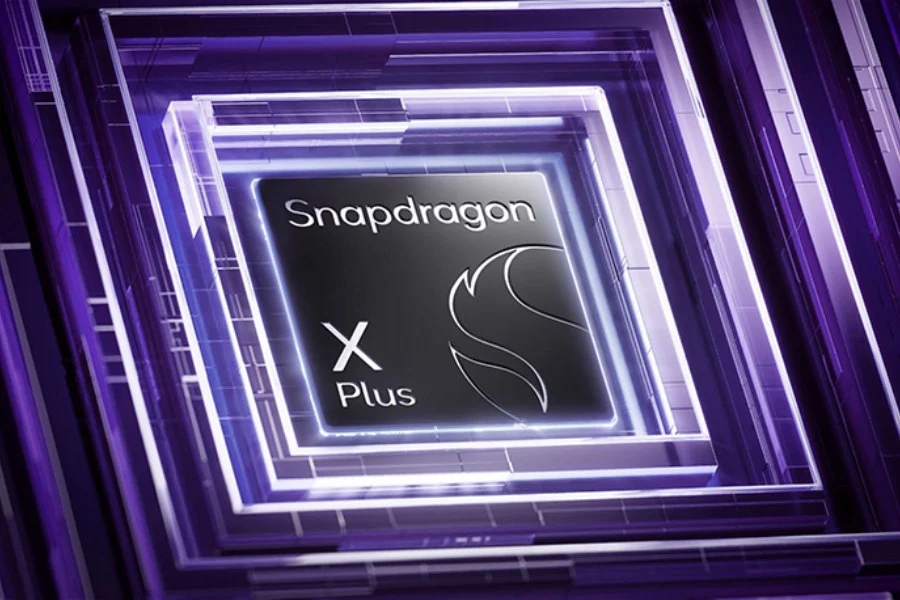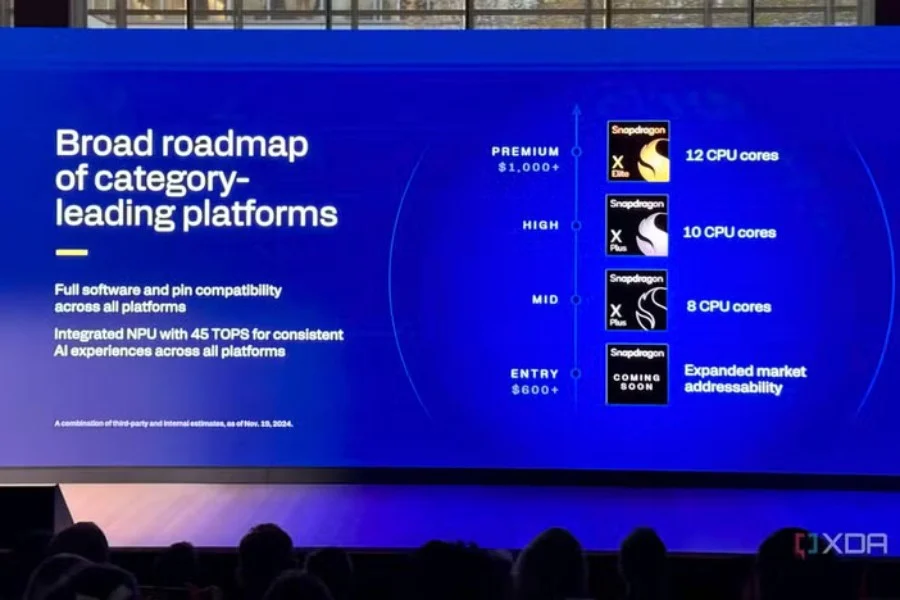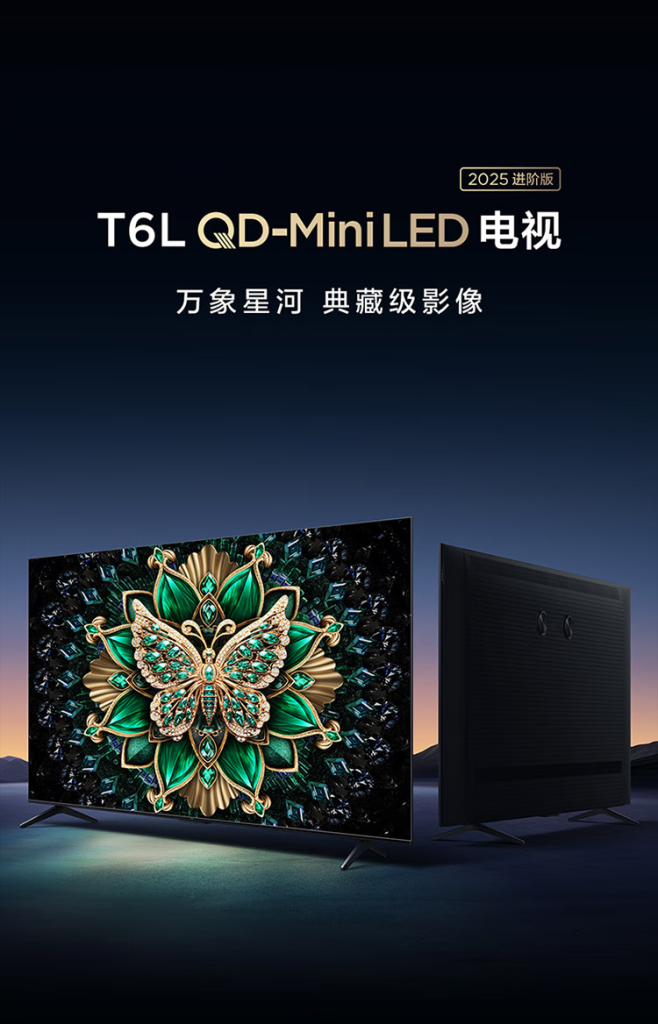Qualcomm’s Snapdragon X processors have redefined Windows laptops by offering extended battery life, addressing the power-hungry nature of traditional chips. Despite these advantages, their high cost has kept them out of reach for many users. However, this could change soon, as rumors suggest Qualcomm is preparing a more affordable Snapdragon X chip.

The Snapdragon X series initially launched with the “Elite” chip, a premium processor aimed at competing with Apple’s M-series chips in high-end laptops. These devices, priced above $1,200, catered mainly to professional users. Qualcomm later introduced the “Plus” variant, which reduced prices to around $1,000. Recently, a more budget-friendly version of the Snapdragon X Plus was unveiled, powering devices like the Lenovo IdeaPad 5x 2-in-1, starting at $849.
A More Budget-Friendly Snapdragon X Chip
Now, Qualcomm appears to be targeting even lower price points. During a recent Investor Day presentation, the company teased an entry-level Snapdragon X chip designed for Windows laptops priced under $700. This move aims to bring Snapdragon X technology to a wider audience, making it more accessible to casual users.

While specific performance details remain under wraps, Qualcomm has confirmed that the new chip will include the same Neural Processing Unit (NPU) found in higher-end models. This NPU enables extended battery life and advanced AI features, key strengths of Snapdragon X processors. Laptops equipped with this chip are expected to carry the Copilot+ PC branding, which guarantees a minimum of 16GB DDR5 RAM and 256GB SSD storage, even in budget-friendly models.
To achieve the lower price point, some trade-offs are anticipated. Possible sacrifices could include fewer CPU cores or slightly reduced graphics capabilities. Despite this, the entry-level Snapdragon X chip could still offer a competitive performance package for its price.
While Qualcomm has not yet revealed a release date, the upcoming CES 2025 in January is a likely venue for the chip’s debut. This development could mark a significant step in making advanced laptop technology more affordable for a broader range of users.






